By Chen Tianhao, Gan Tian
(ECNS) -- The G20 Summit has concluded in Rio de Janeiro, Brazil. How should China and Brazil, as two key members of the G20, enhance collaboration within the G20 framework to make greater contributions to global governance reform? With the world economy struggling to recover, regional conflicts persisting, and global challenges emerging one after another, how will the G20, as a vital platform for addressing global crises and economic governance, foster global economic recovery and growth while advancing sustainable development? In the latest W.E. Talk, Cui Shoujun, Professor and Director of the Institute of International Development Studies at the School of International Studies, Renmin University of China (RUC), and Otaviano Canuto, senior fellow at the Policy Center for the New South and former vice president and executive director at the World Bank, are invited to discuss.

G20, a platform that facilitates global governance reform
Themed “Building a Just World and a Sustainable Planet”, the G20 Summit held in Brazil this year addresses pressing livelihood issues and builds consensus on improving global governance. According to Cui, the key agenda focuses on sustainable development and reforms to the global governance system, aiming to eradicate hunger, poverty, and inequality. Cui added that China, as one of the key members of the G20, stands ready to enhance collaboration with other countries to uphold multilateralism and promote the modernization and diversification of trade rules.
“China can work with other countries to drive reforms of international institutions and safeguard the interests of emerging markets and developing countries, especially in areas including voting rights, financing mechanisms, and aiding policies,” said Cui, “And through these reforms, China will make greater contributions to the optimization of the global governance system.”
Besides, as Brazil hosts the G20 Summit, it coincides with the 50th anniversary of the establishment of diplomatic relations between Brazil and China. Cui further highlighted that China and Brazil, with their fruitful cooperation and deep-rooted friendship, will continue to enhance coordination within the G20 framework, advocate for reforms in the global governance system, and strive for greater representation for developing countries.
China, a G20 template that marks its contribution
In recent years, the frequency and intensity of extreme weather events have increased, making climate change one of the major challenges facing the world. In Cui’s opinion, G20 will play three key roles in addressing climate change:
Firstly, through collective decision-making, policy coordination, and consensus-building, the G20 provides a strong impetus for global climate governance, promoting agreement on key issues such as climate change and green development, and formulating unified action plans.
Secondly, the G20 helps drive reforms in the global climate governance structure, particularly through the improvement of international agreements such as the UN Framework Convention on Climate Change (UNFCC) and the Paris Agreement, as well as the reform of international climate mechanisms. This ensures that the global governance structure for addressing climate change is fairer, more effective, and more enforceable.
Thirdly, through the G20 framework, parties can engage in systematic cooperation to promote global sustainable development, advancing comprehensive governance across the global economy, society, and environment.
Former vice president and executive director at the World Bank Otaviano Canuto spoke highly of China’s efforts in addressing climate change and developing a green economy, stressing that China’s commitment to achieving carbon peak and carbon neutrality is of great significance.
“China has the possibility of having those targets attained by the superb development in clean energy technologies including wind and solar energy, and the development of electric vehicles and batteries,” noted Canuto, “Therefore, China can set up a great template not only in its own emission targets commitments but also in offering technologies that other countries might benefit from using.”
In addition, Canuto also hoped that China could, both within and outside the G20 framework, work with more Asian and African countries to accelerate the development of digital economy and clean energy.
Breakthrough, G20 aims to break trade barriers
Kristalina Georgieva, managing director of the International Monetary Fund, was earlier quoted as “very confident” that the global economy will see a soft landing, but she also noted that rising barriers to trade will hold back growth.
In this regard, Canuto noted that the major challenge faced by the global economy at this moment is of a geopolitical nature. “Unfortunately, the rivalry between the U.S. and Europe versus China has expressed itself into a wave of protectionist measures and trade-distorting policies,” he added, “Any trade fragmentation would run against the benefits that were accrued by the global economy including emerging markets and developing countries from globalization.”
Canuto hoped that the G20 should be a focus where countries should discuss this and try to resist the temptation to resort to those protectionist measures.
Cui also pointed out that the G20 has critical impacts on improving the global economy and sustainable development. On the one hand, with the global economy facing the challenge of achieving a "soft landing", the G20 can play a role as a mechanism for policy coordination and dialogue to promote the world's major economies from adopting coordinated economic stimulus policies and prevent the rise of trade protectionism and unilateralism. On the other hand, by reducing trade barriers, the G20 contributes to improving global supply chains and mitigating headwinds to global economic recovery.
“Though the G20 is not a platform to solve geopolitical conflicts directly, it can effectively promote dialogue and cooperation among world powers and reduce adverse impacts of lingering conflicts on global markets,” Cui concluded.















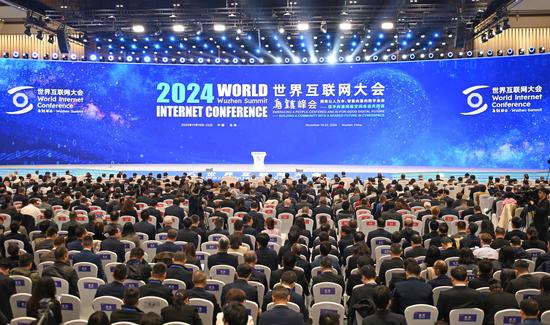


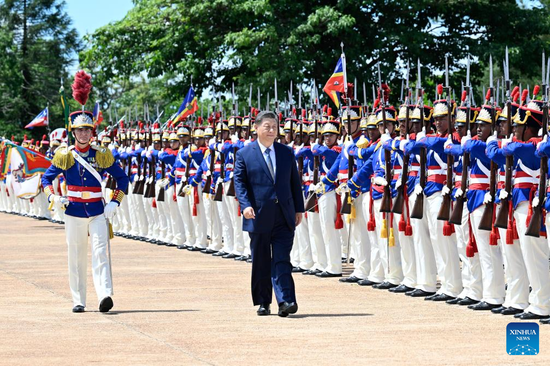
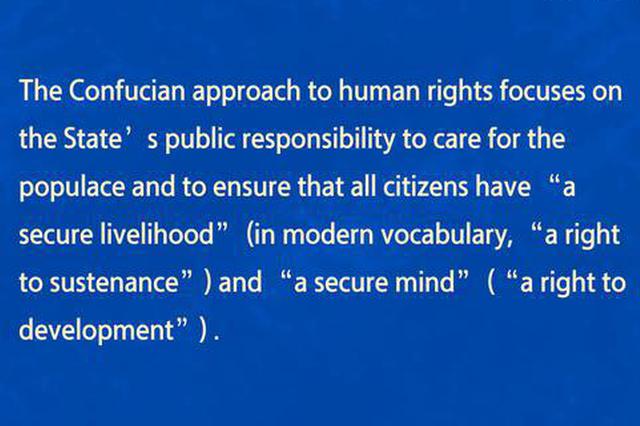

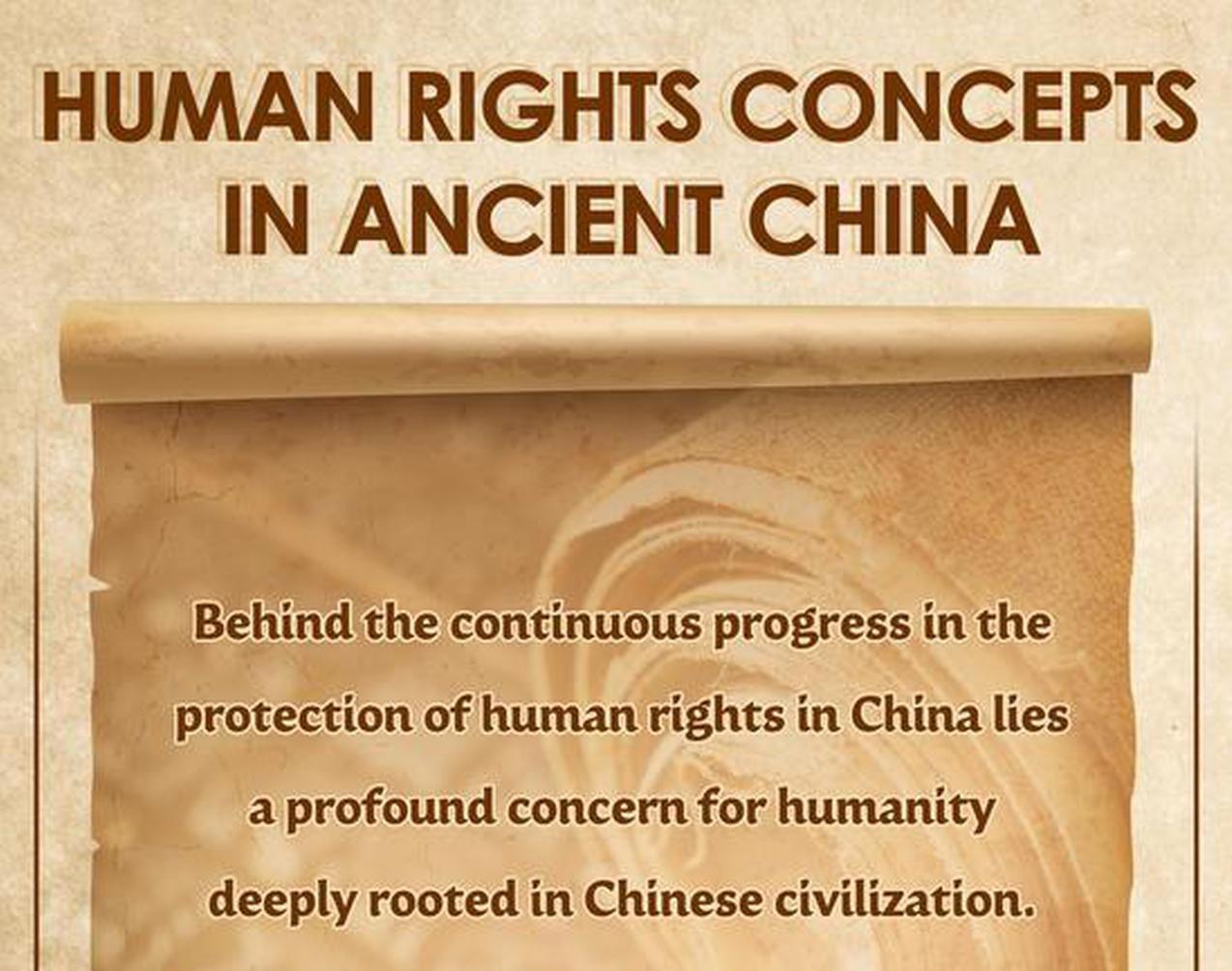

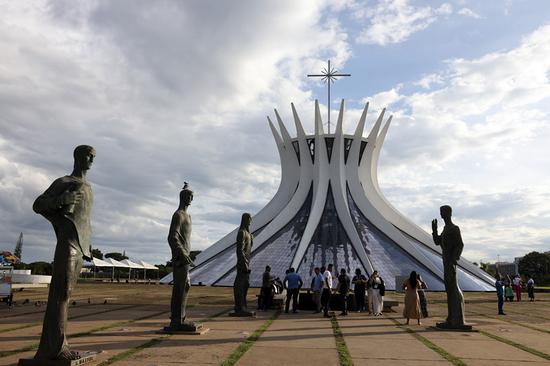

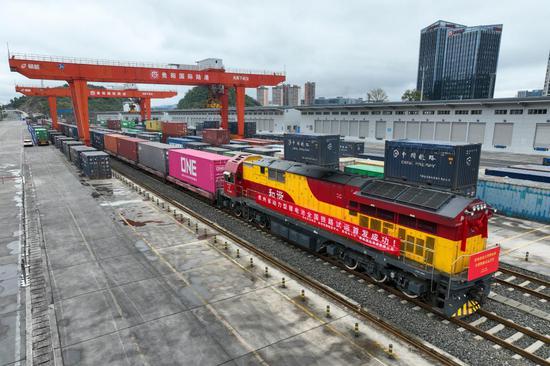
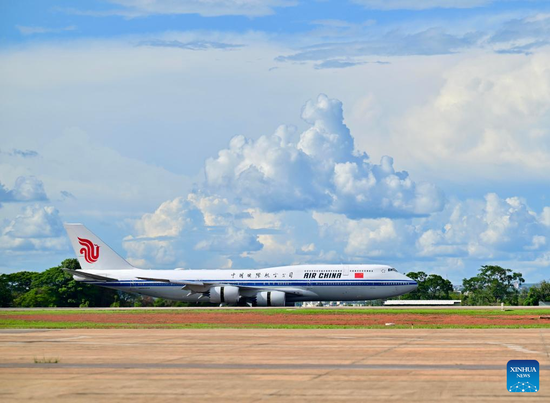

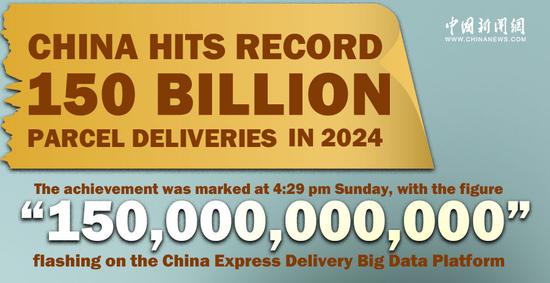

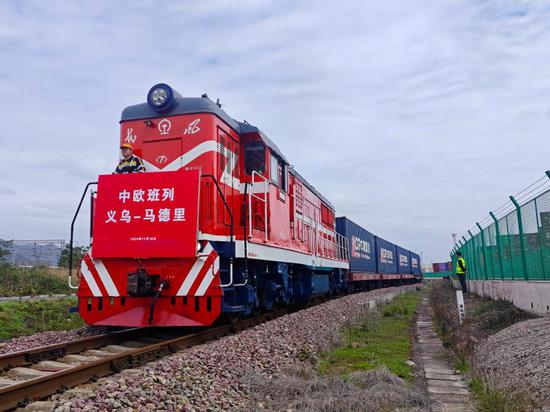


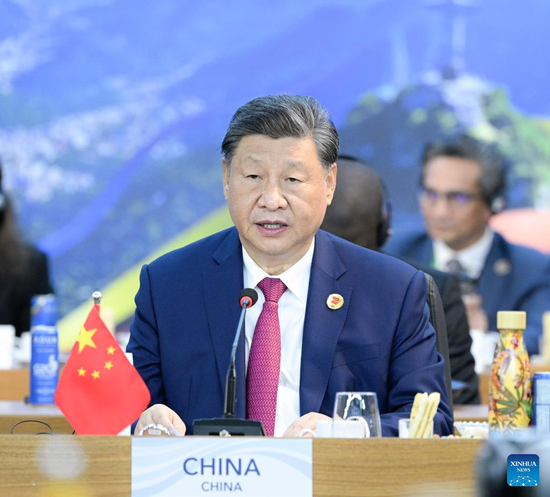



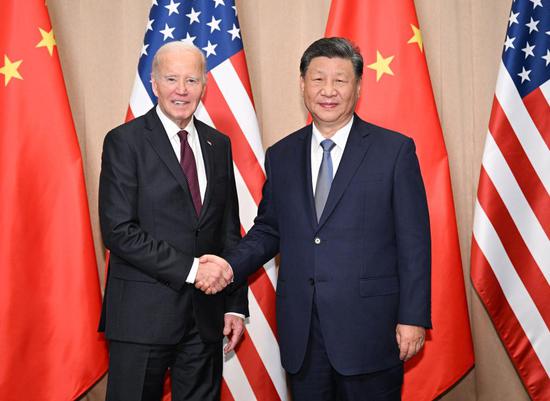
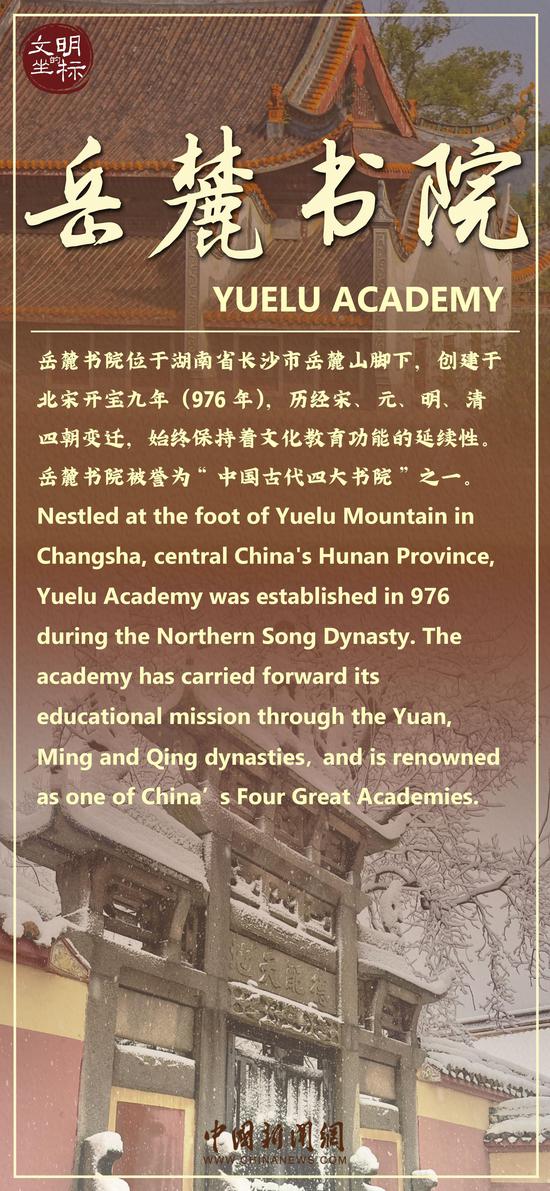
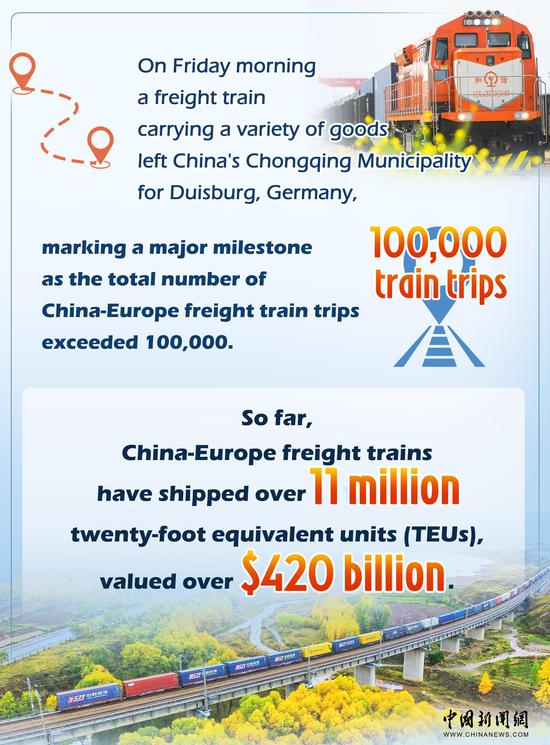

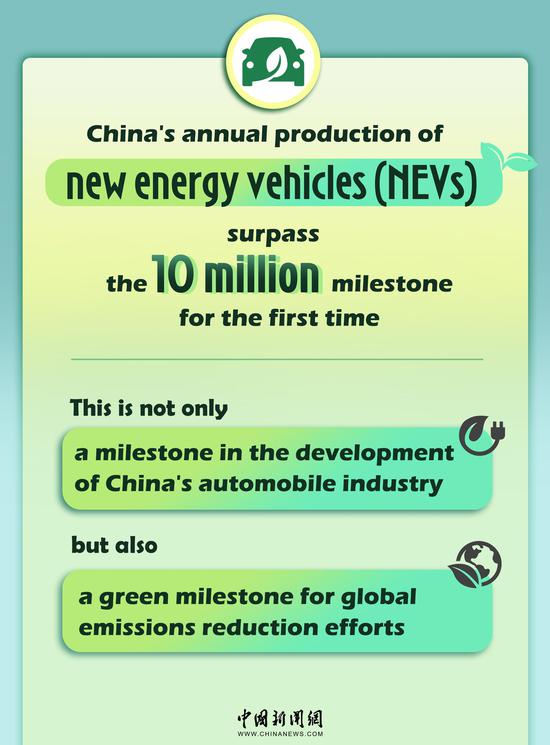

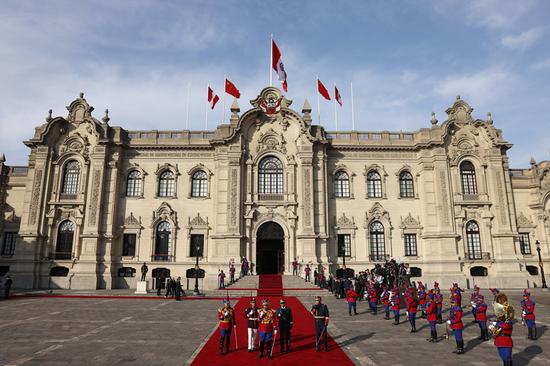
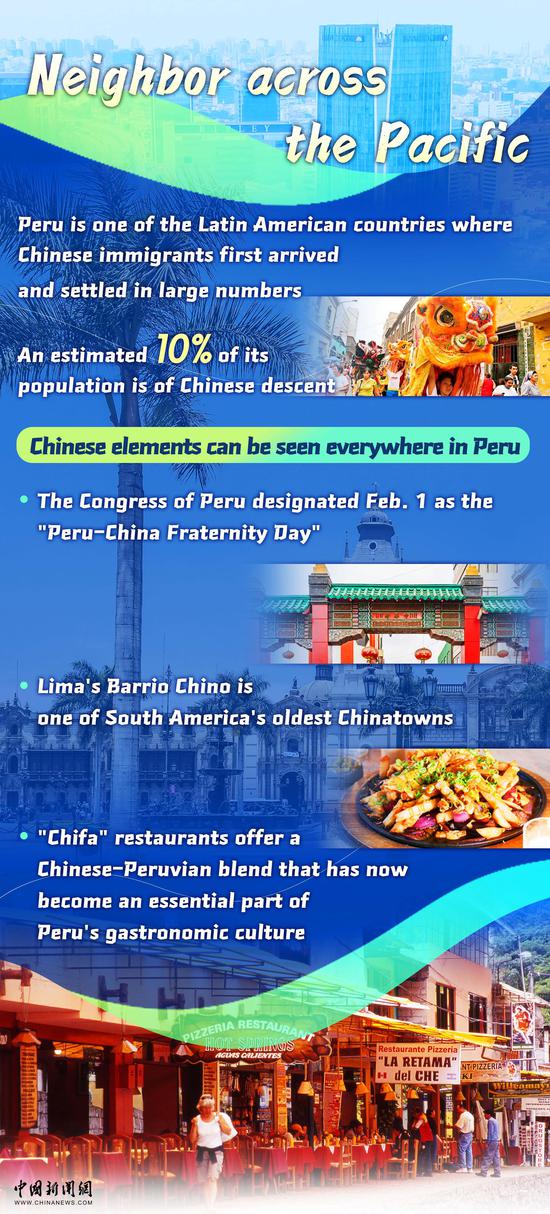

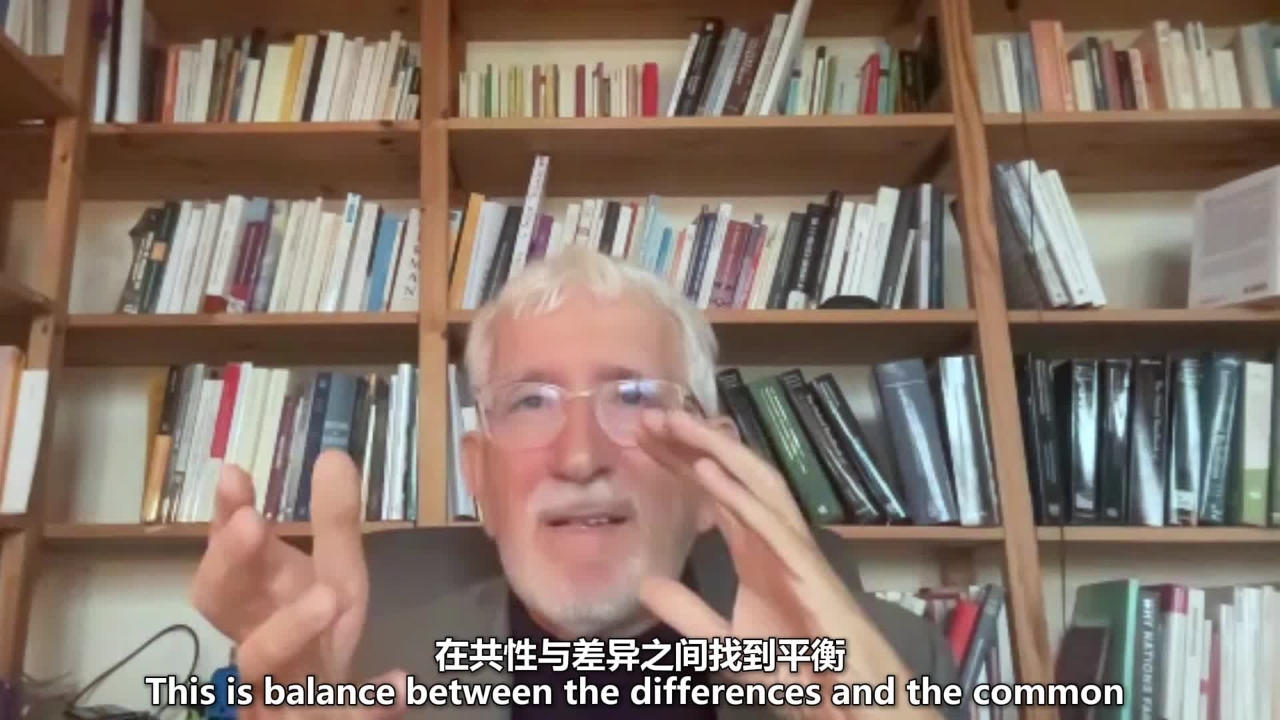

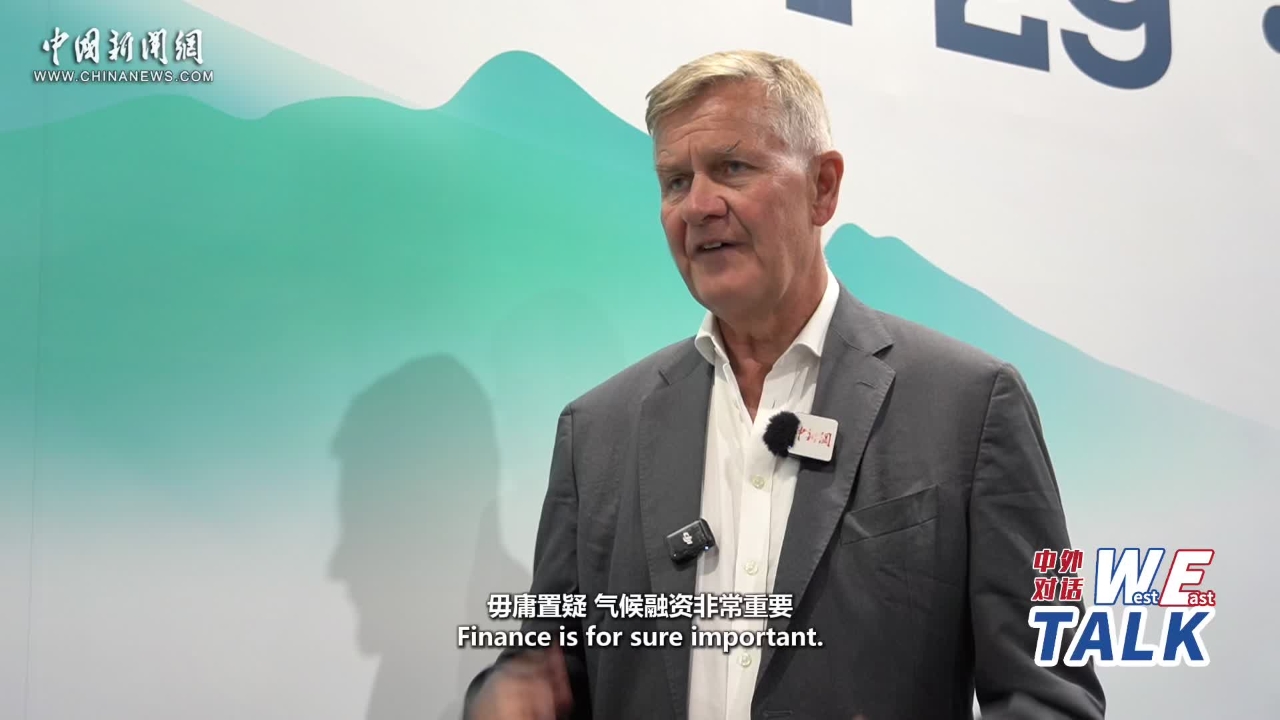

 京公网安备 11010202009201号
京公网安备 11010202009201号